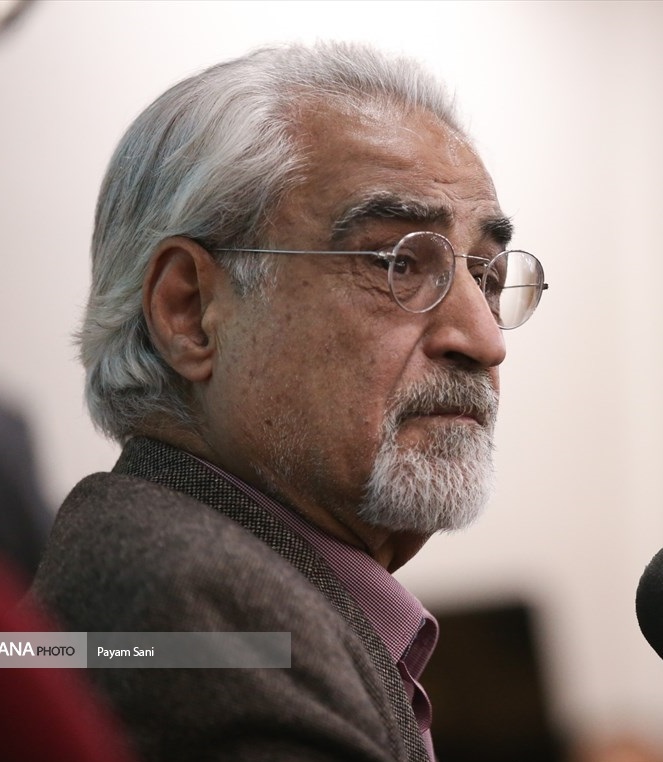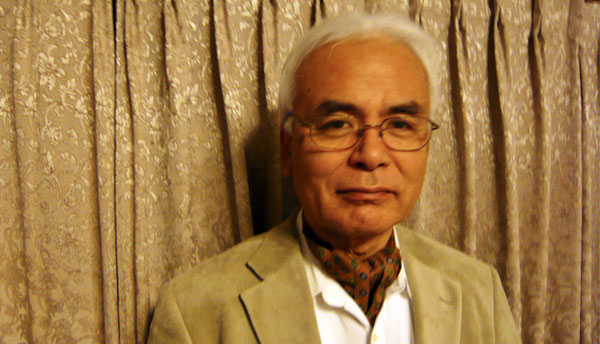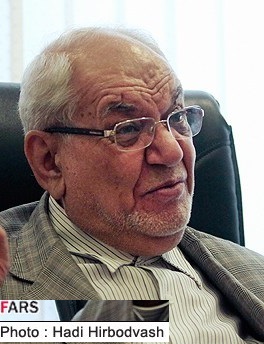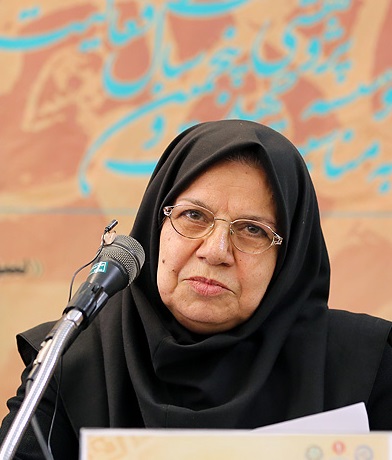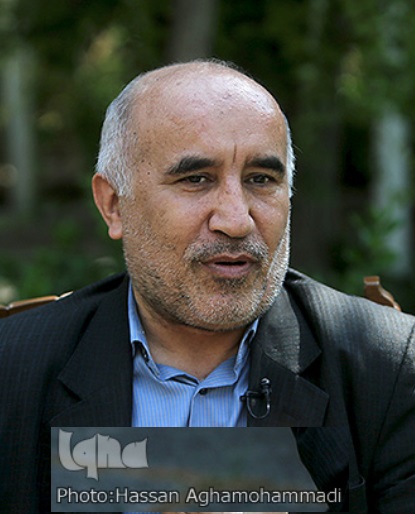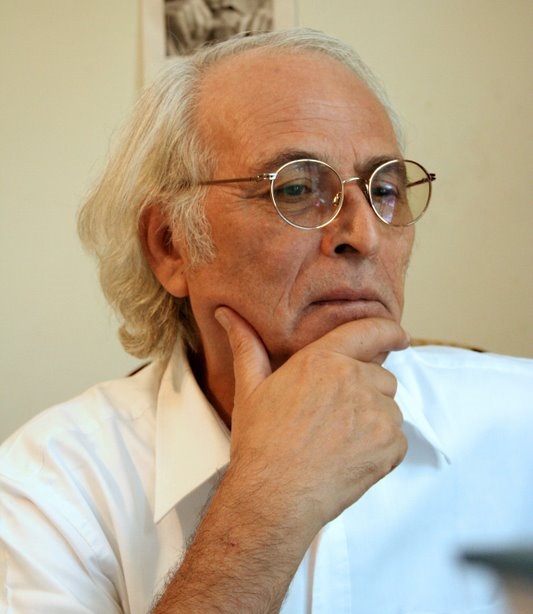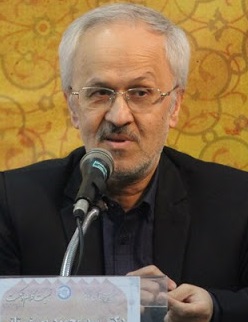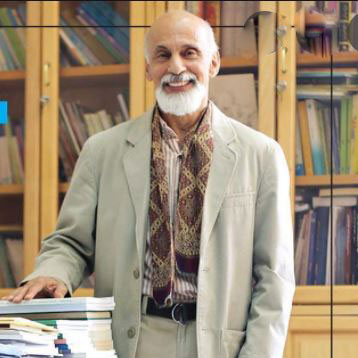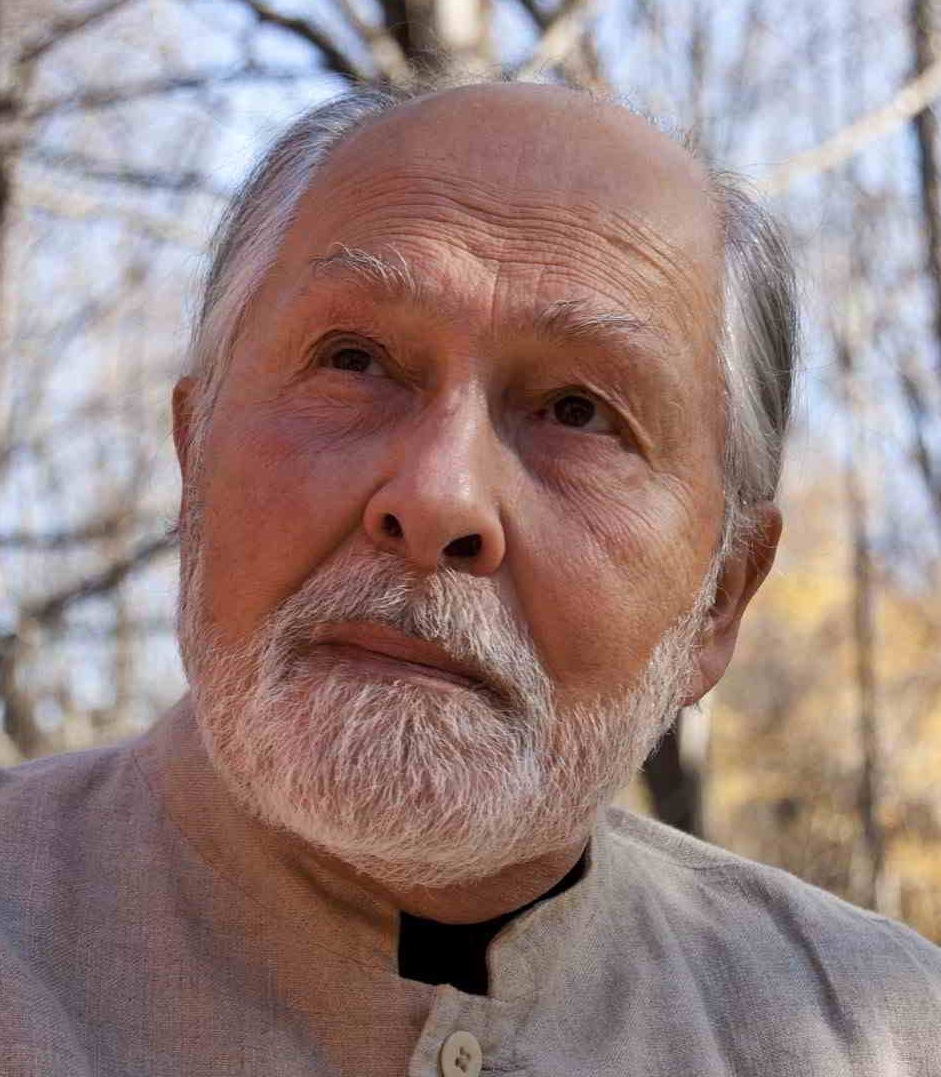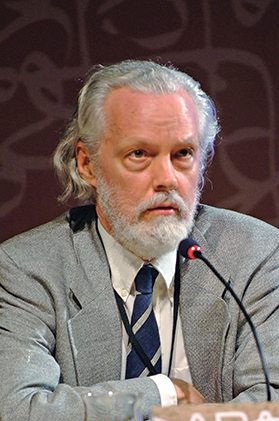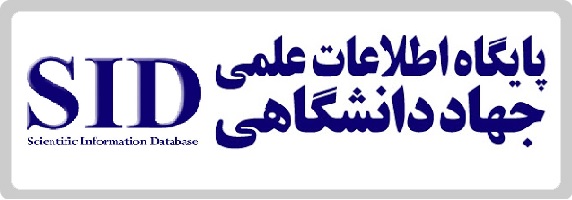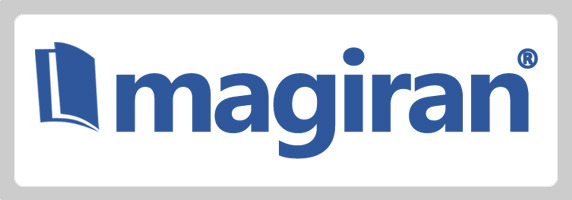"Hierarchy of Eudaimonia" in Aristotle's Moral Philosophy
Keywords:
moral philosophy, Eudaimonia, Aristotle, self, GodAbstract
Eudaimonia has a central role in Aristotle's moral philosophy. But there are disagreements about the nature of eudaimonia, how to know it, and some other related issues. John McDowell proposes new interpretations about these matters. According to McDowell right actions are constitutive of eudaimonia. Only the virtuous person can know them. The value of these actions is real. Moral reasons are from within the virtous perspective. Also Aristotle doesn’t argue for his view on eudaimonia based upon human ergon as an external argument. We argue that there is a "hierarchy of eudaimonias" in Aristotle's ethical system: "animal eudaimonia," "human eudaimonia," and "divine eudaimonia." McDowell doesn't consider "animal eudaimonia," and "divine eudaimonia." Aristotle as a philosopher argues externally from human biological ergon to these three types of eudaimonia and their hierarchies. Moral and intellectual virtues (vices) have intrinsic value and the value of actions are derivative from their value




